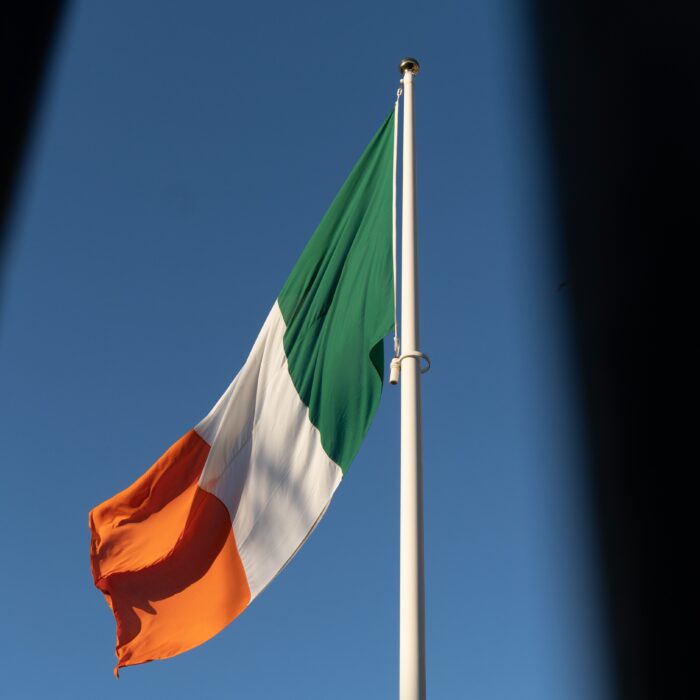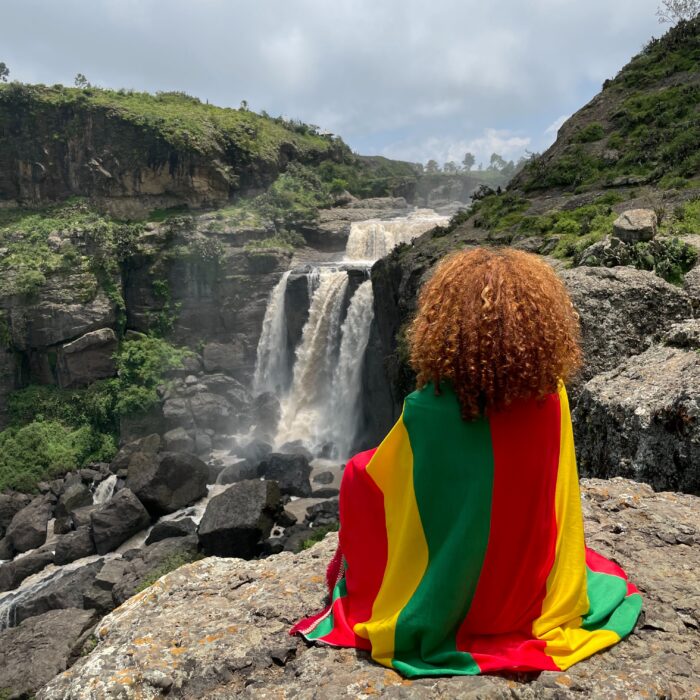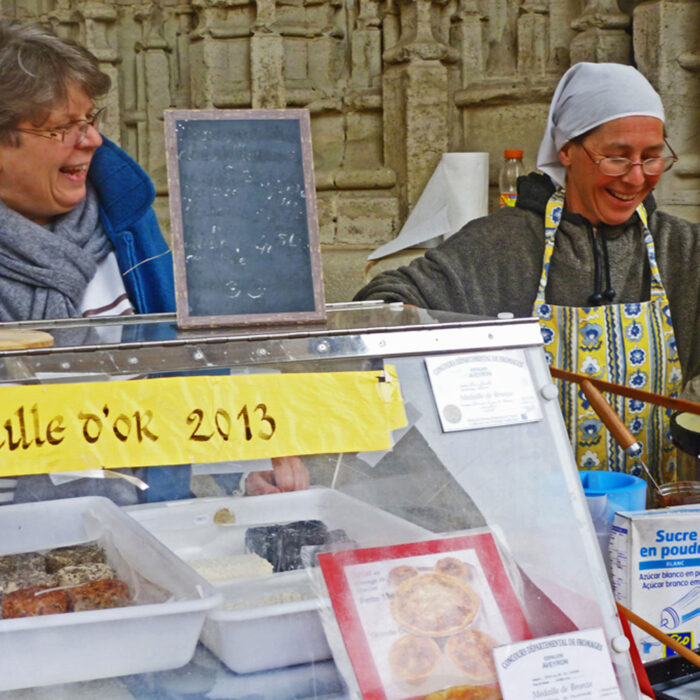You have no items in your cart. Want to get some nice things?
Go shoppingAt 11.30am I was sent a booking confirmation for my 2-night stay in Oxford. My bag in the car and the route roughly in my head, I drove away without thinking why. At 11.30pm the same evening, I was composing a cancelation email for my further night’s stay. My bag still in the car, I dressed in the day’s familiar clothes and left my tidy room behind. This is what happened in between.
I arrive somewhat awkwardly, unsure as to how I managed to find myself here.
The pub is empty, as is the room. I don’t feel the cold, just the air emptied of heat. I could eat so that not all might be empty, but I won’t. As I lie briefly on the cool bed, I think of nothing. Then I am afraid.
I jump up as if startled, grab my key and leave. It feels good to move. I walk across a bridge and take a right along a tall-walled road. I pass by a memorial window dedicated to W.R. Morris, which is the frontage of his original workshop. The photos are entrancing, as black and white photos often can be, for they give, as well as leave, just enough to keep you guessing; what would this scene have really felt like?
I move on, noticing not the beauty of the magnificent buildings, but their sharpness and vulgarity. I want to love them, but they are cold, hard and unwelcoming. I love them all the same.
I come up on the corner of Broad Street, and find myself staring at the Sheldonian Theatre. I saw a flyer for this earlier, so I go and take a look.
The ceiling in the theatre takes me by surprise and I am disoriented. I cower as I see Medusa falling toward me, or is she lunging at me? The familiarity of her snake-ridden scalp, however, only offers me comfort.
I ascend the wide staircase to see the Cupola, but pause to sit with the roof structure a while on the floor below. Again I am comforted. The giant trusses, dormant yet active, fill my vision. I ponder their strength and solidness, marvel at their subtle inconsistencies – which gives also their individual beauty.
The view from the Cupola is as predictable as it is dissatisfying. I cannot appreciate the infinity of such views; the sweet shop of edifices, huddled together awkwardly and competitively. I descend the stairs, not caring for the other tourists as I pass, and am about to leave when something catches my eye. It is a booklet exclaiming the literary festival, here in Oxford, this very week!
I am fete-shaken as I glance at the talks available to attend this very day.
I exit the Sheldonian Theatre and walk towards the white Marquee, noticing the ‘Booking Office’ sign out in front. I enter to a paradise of books; scattered, ordered, shelved, tabled; a melody of rustles and thumps as people acquaint themselves, reject and cuddle their chosen stories. I am overcome with energy. I feel restless and almost attack the round table in front of me, yet I manage composure. I walk to the desk and ask about my two choices. It is good news, they are both free. The booking officer is happy, but she cannot know how happy I am; I wouldn’t want to be anywhere else in the world.
It’s 2.45pm, and my first talk is at 4pm. Should I eat? Perhaps, but I won’t. I enter further into the book-lined room and notice the small coffee shop. I buy a coffee and continue to browse the titles, feeling both out of place and in the right place. The coffee is strong with no lunch and I feel the fire in my stomach. I am more alert and begin to dread the choices I will need to make if I am to purchase anything. But I choose, and I am happy. It is 3.30pm and I decide to make my way to my first talk.
I enter the Bodleian Divinity School where I am to see Marion Coutts, who has written a book called ‘The Iceberg’. I am drawn to this talk, even though I have not read the book, as it seems to mirror in some way my own situation. Marion Coutts’s husband died of a brain tumour, and the book is a memoir from the time of diagnosis until the end of his life.
The hall was mostly empty, which I liked, and I was honoured to be there, if somewhat fraudulent having not read the book before. What struck me most was the idea of necessity that Marion put forward. She mentioned it twice, and I related to its context and its misunderstanding amongst others in the room.
Marion said that sometimes you do things out of necessity; it’s not that you’re brave, or at least that’s not the important part of your actions.
It felt good to know that someone else saw things similar to me, and I felt compelled to share this with her, which I did. I wish sometimes that people would have the courage not to call you courageous.
I entered back into the Marquee, feeling shaky and dehydrated. Perhaps I was a little star struck of being in an author’s company, (although please be aware that I honour and respect her right to be ordinary, which she most probably is), or perhaps I was afraid that I had spoken deeply, if not briefly, about myself to a stranger – I don’t know.
A man stepped upon the make shift stage within the marquee for a 15minute talk on spiritualism. I listened closely at first, but then the same old arguments and contradictions worked their way to the centre, and I have no time for that today. I must get some water, so I leave. And besides, I need to make it to my next talk; it is about relativism, and the author’s book is called ‘You are wrong and I am right’.
This venue, The Oxford Martin School, is much more modern and cramped, but I feel excited in the claustrophobic atmosphere. I am beginning to feel the effects of a day like today; I am hungry and tired.
The talk is disappointing, as the author spent much of his time trying desperately to get words out, but failing somewhat catastrophically. I didn’t go away empty handed though, and perhaps have a greater grasp on relativism. (I won’t share that here!)
As I exited the building, I thought about going back to my room, but the darkness, dabbed with a messy, malady of light seemed to suggest something different. It was just after 7, the night was young, perhaps I should stay a while.
I move briskly toward a narrow looking pub, squashed between two buildings, called ‘The White Horse’. It is cramped and busy. I position myself at the bar, having to occasionally dodge the waiter serving food, and enjoy my beer. There is
much to reflect on as I stand idly, but I regret that I did not reflect on much. The pub represented fullness and warmth. My belly swelled and reacted to the amber fluid, flooding and caressing my insides. My agitation vanished and a calmness took hold. I tried to listen to others, to hear their stories, but there was too much going on. Should I eat? Yes, I really should, but just another pint.
There is a man reading at the bar, and I want to strike a conversation. I approach him, asking about the book he is reading. We talk for a while. He is American, and we talk of differences and similarities – all you ever talk about really. But I am aware that I must be going; I must eat then sleep.
I say goodbye and wish him luck on his conference, then enter into the cold night outside. I walk back the same way to the pub, gazing half-heartedly at this stony town. I find it hard to imagine a tomorrow here, for that would be separate from today, and I am certain that this city will only exist as I have seen it; in this day.
But maybe tomorrows are just difficult for me. I think about waking up here if tomorrow existed, which it surely does, and what I would find. A faint whisper of despair – perhaps hitching on the cool breeze, enters my chest. What if I wake up tomorrow and there is no separation? What if the same people, same bicycles, same buildings, same cold, alien air – what if the whole of Oxford stands firm before my eyes? No, I will not chance that – will not dare it. I need tomorrow, because tomorrow isn’t today; I need the hope that tomorrow implies; the chance at, the chance of, something else. The giant trusses, the pick and mix edifices, the shadows and scars – they do not care for tomorrow, have no use for it.
Oh, lucky chaps.
I pick up a bite to eat, rush back to my room and try to sleep. I twist and kick, cursing the bed, the food and the bustle outside, but really I’m afraid. I’m afraid of my tomorrow; afraid I won’t see it clearly enough.
I make a decision, pick up my phone and begin to write an email cancelling my second night’s stay. I read my confirmation booking email, and it flashes: ‘Received 12 hours ago’.
12 hours? Is that all? I think of my day here, but realise it’s half a day here. I am panicked, confused; I breathe deep, but….
I’ll write the email when I get home. I pick my key up and place it in the door, turn the lights off and leave.
Goodbye Oxford.
Hello tomorrow.






